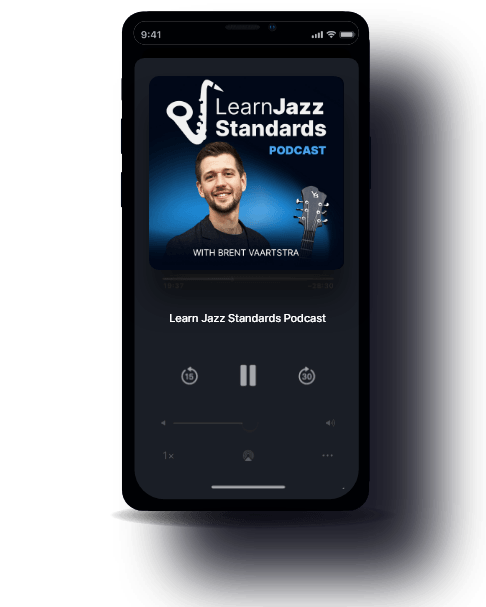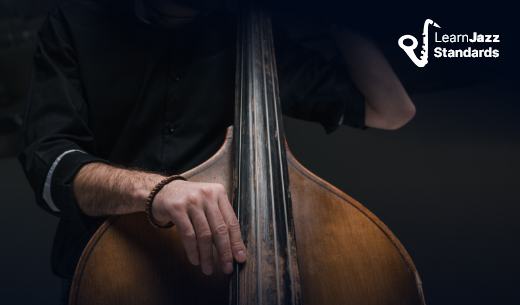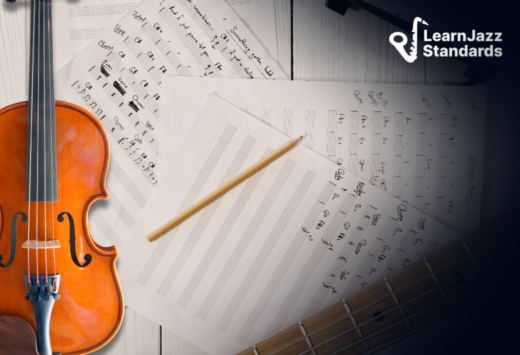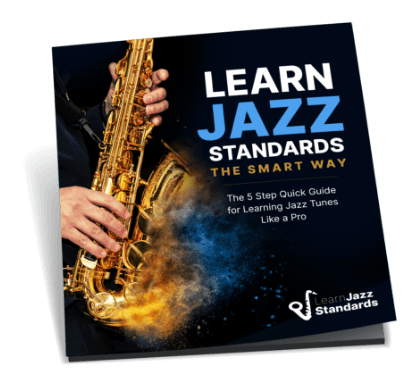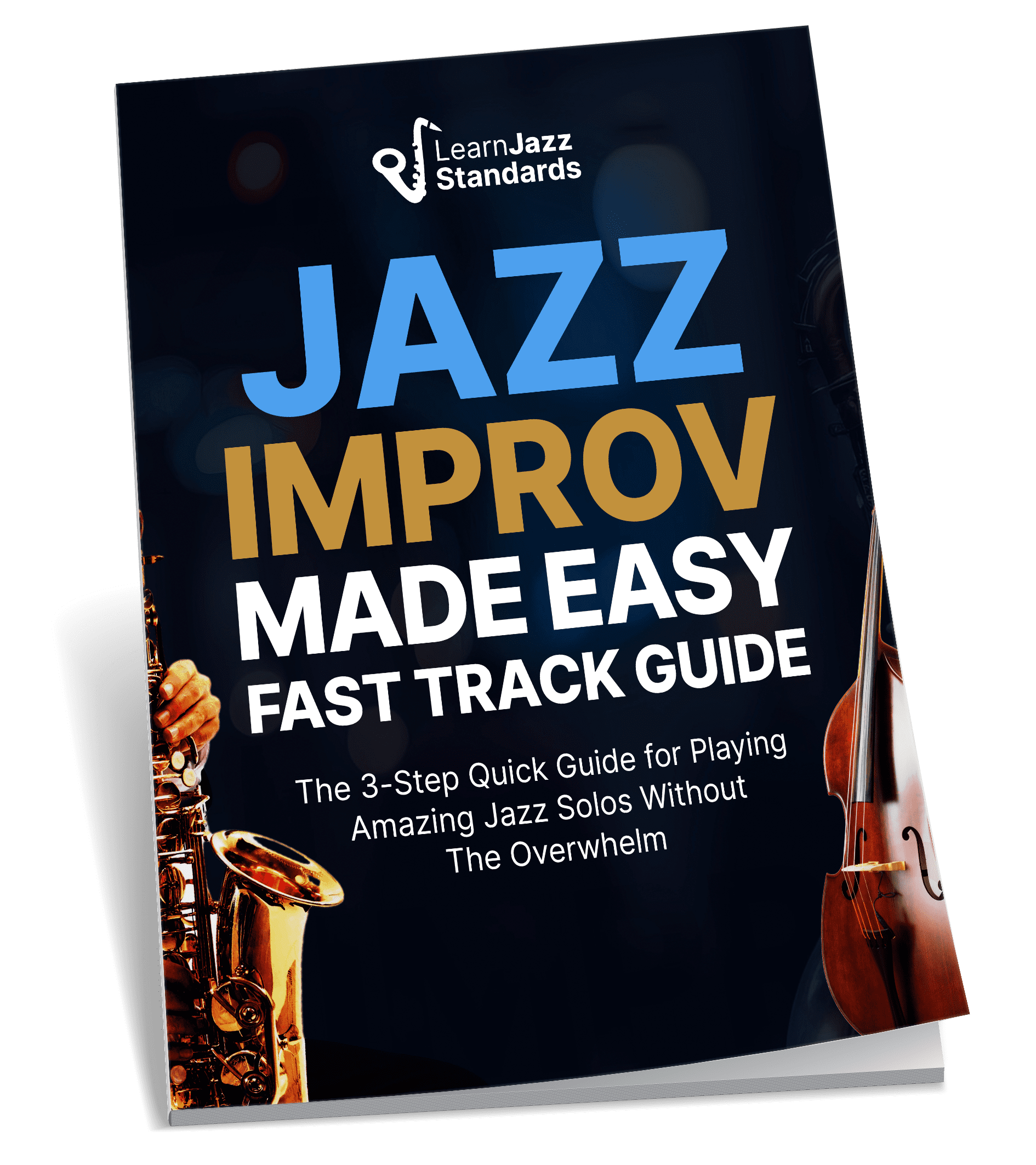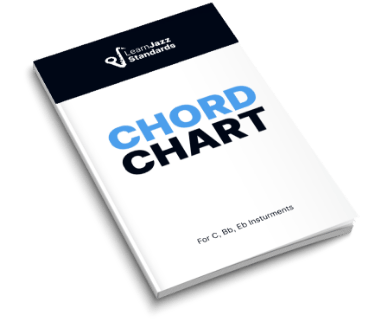Welcome to episode 216 of the LJS Podcast where today I go walk you through a 12 jazz blues etude I’ve composed, and help you learn it by ear. Learning jazz solos by ear is important, so instead of talking about it and giving strategies, we actually do it on the episode.
Listen to episode 216
What if I told you that by the time this episode is over, you are going to be able to play a 12-bar jazz blues solo by ear by memory?
Would you believe me?
Well, that’s exactly what we are going to do today in this episode. I’m going to walk you through 12 bars of a jazz blues solo, a little etude that I’ve composed, and I want you to learn it, and we are going to do it on the podcast.
So, even if you are new to learning music by ear and you’ve heard people talk about doing it and how important it is, and how it’s going to help you become a better jazz improviser, and you are feeling a little bit nervous or anxious right now, don’t worry.
We are going to go slow and I think that you are going to surprise yourself by the time this episode over. And if you are a veteran of this stuff, you are going to know some great new jazz language and this is going to be well worth it for all parties involved.
In this episode:
1. Why learning solos by ear is important
2. I teach you the 12 bar jazz blues solo
Important Links
1. Boost Your Jazz Blues free Masterclass
2. LJS Inner Circle Membership
3. Free Guide to learn standards by ear: Learn Jazz Standards the Smart Way


